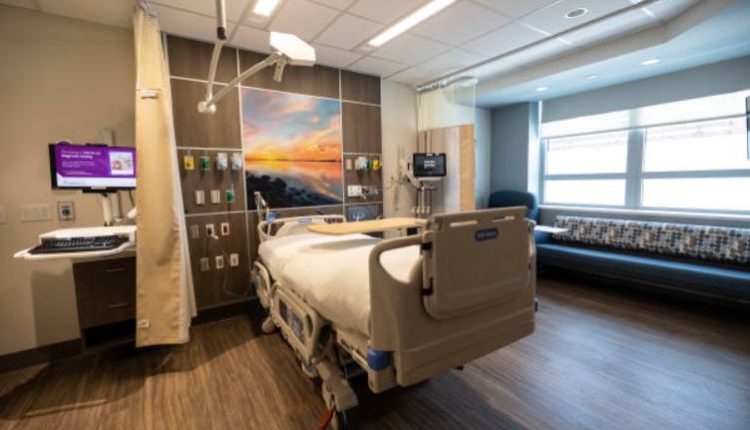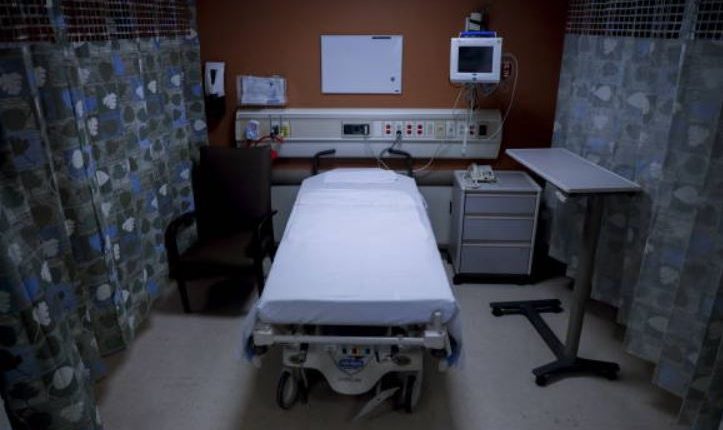
A new study conducted by academics at Harvard University and the University of Chicago sheds light on the impact of private equity ownership on health outcomes in hospitals.
Published in the Journal of the American Medical Association, the research indicates that patients in hospitals owned by private-equity firms experience higher rates of bloodstream and surgical site infections, as well as an increased likelihood of falls.
Alarming Increase in Patient Complications
This study adds to the growing body of research that raises concerns about the influence of private equity in the healthcare sector.
Private equity firms, known for their sophisticated financial strategies, have increasingly invested in the healthcare industry over the past decade, totaling an impressive $1 trillion.
The study focused specifically on patients’ health outcomes in hospitals owned by private equity firms, an area that has been relatively underexplored in existing research.
The research compared Medicare claims for patients at 51 acute-care hospitals owned by private equity firms with data from 259 matched acute-care hospitals not owned by such firms.
The study found that after hospitals were acquired by private equity, patients experienced a notable 25.4% increase in hospital-acquired conditions, including infections and falls.
Specifically, patients at private-equity-owned facilities faced a 27% increase in falls and double the rate of surgical site infections.
Furthermore, patients at these hospitals experienced a 38% average increase in central line infections, a serious condition where germs enter the bloodstream from a tube placed in a large vein. Intriguingly, this increase occurred despite a 16% reduction in the placement of central lines in patients.
Hospital-acquired conditions, such as infections and falls, are considered preventable according to guidelines from the US Centers for Medicare & Medicaid Services.
The study findings, therefore, raise concerns about the quality of care in private equity-owned hospitals, as these conditions impact patient outcomes and can lead to lower Medicare reimbursements for hospitals with higher infection rates.
Read more: Alabama Mom Delivers Twins From Two Uteruses Before Christmas
Study Reveals Concerns Over Private Equity

This study comes amid heightened scrutiny on the role of private equity in the healthcare system.
Two senators recently launched a bipartisan investigation into the impact private-equity firms are having on the nation’s healthcare system.
Earlier studies have also indicated adverse impacts when private equity owns healthcare operations, emphasizing potential conflicts with sound healthcare practices prioritizing patient well-being.
The findings of this study underscore the need for continued examination of the impact of private equity on healthcare delivery.
As private equity firms continue to invest significantly in the healthcare sector, understanding the implications for patient outcomes and the quality of care becomes crucial.
This research contributes valuable insights into the ongoing discourse surrounding private equity’s role in healthcare and highlights the importance of prioritizing patient well-being in the face of financial considerations.
Read more: Scientists Alarmed By ‘Zombie Deer Disease’ Potential Threat To Humans

